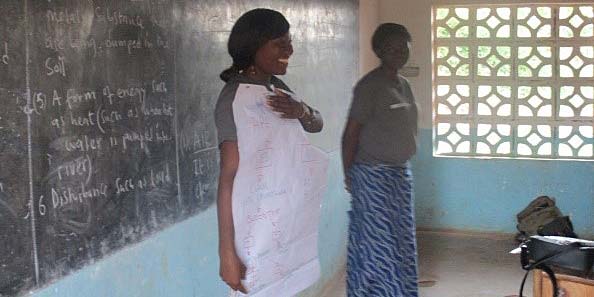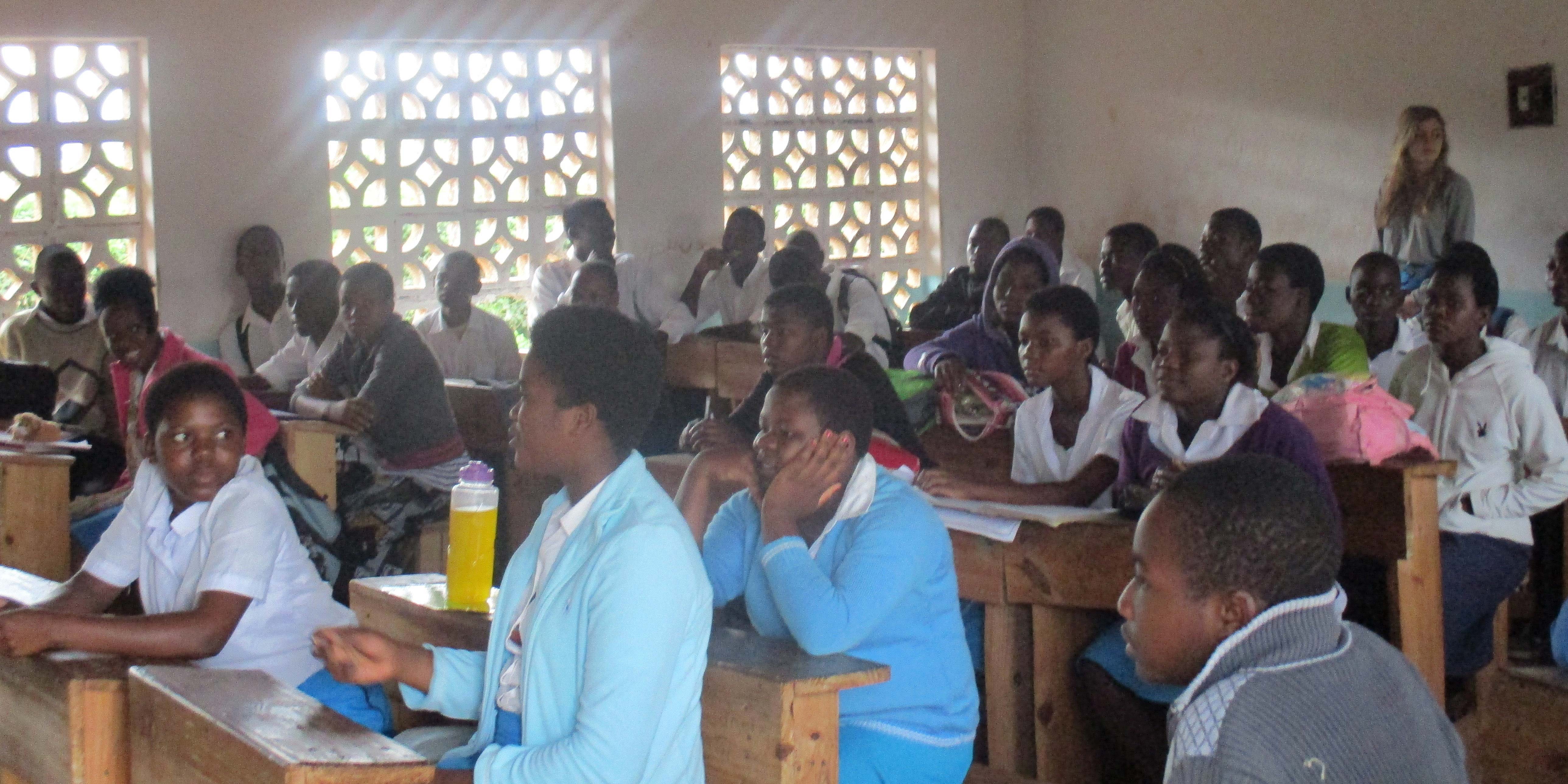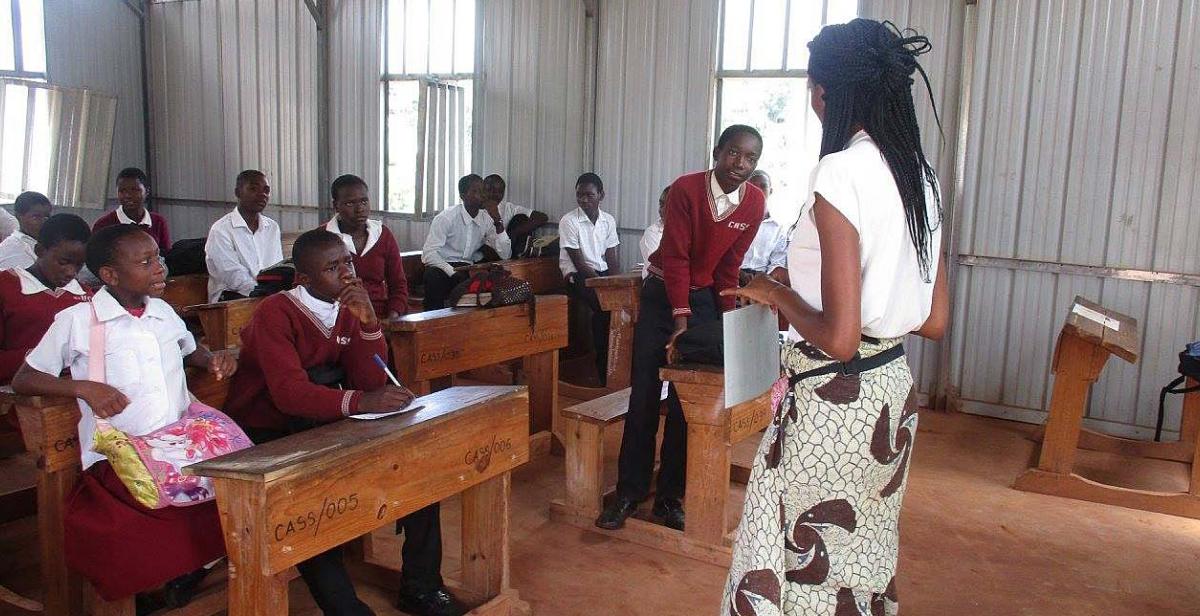Growing up in a developing country, Malawi, and to a clan where education is perceived to be something for boys and not girls, is challenging. Girls are considered to be assets where by when a girl gets married, her parents get lobola (cash or cows) as a token of appreciation for raising a girl child. This is no different to the case in my village such that no woman in my village ever attained higher education, like university education. I wanted to change my story, that a girl child can attain any goal if given an opportunity.
From the early years, a girl child in Malawi is raised up thinking there are some jobs solely for men and others for women. I grew up thinking teaching and nursing were the only careers women could pursue, so I wanted to be educated, to earn a degree in education, and little did I know that there were other career fields other than education.
Despite the challenges due to the pressure to drop out from school, when most of your friends and cousins drop out of school due to early marriages as parents force them to marry so they can get money in return, I chose to stay in school. And again being mocked by the male counterparts in class when they beat you in science subjects and telling you to drop out because your friends are dropping out, for a goal orientated female student that was just a stepping stone.

In Malawi, no secondary or tertiary education is free now and fees have been hiked. A girl’s likelihood of attending and staying in school depends on her ability to pay for not just school fees but also the associated costs of education, like school uniform, examination fees, accommodation fees, foods, and stationery, just to mention a few. In my time, I was lucky I was on a Government scholarship but now with the economic hardships the Malawi Government is going through, it stopped sponsoring students and a lot of students can’t afford with the fees hike. This has made a lot of girls leave school and opt for marriages, as they can’t afford paying the fees. The provision of scholarships could be the solution to keeping girls in school.
I had just started my second week of my first semester of my first year in college when my mum died. I felt hopeless. She was my strong pillar and support, she believed in my capabilities and she was the strongest support that kept me going all along. Balancing my home life and studies then became difficult. I lost focus but, by the grace of God, my friends and family supported me through the hard times to still hold on to the dream I had and I continued working hard in school.
The first semester requires a new kind of learning, not just aiming at passing in class during examinations, but learning so you are able to solve the problems systematically and resourcefully. Science is not just something taught in school; climate change, illnesses, technology is all science that surround the girl child, so when girls are into science they can help solve some of the problems we are facing. The key to this is to improve access to science education to girls and fix the negative perception that girls are not as good as boys in science by exposing girls to female role models who have succeeded in sciences. This would promote positive perceptions regarding women’s ability in the field of science.

Parents and teachers have a role to play also in encouraging girls to stay in school and take up careers in sciences, because children depend so much on their parents and teachers’ guidance and influence. Women make up less than half of the work force in Malawi, with a small percentage of work force in science, hence a high demand for them to join the science industry.
My dream came true, I now hold a Bachelor of Science Degree in Environmental Health, am an inspiration to my family and many girls in my community, and working with Progressio ICS has given me an opportunity to explore more and even develop myself as a female scientist, because I get to learn every day from my fellow ICS volunteers on many issues that affects us and how we could help our communities develop by removing the barriers that keep them in poverty.
Dr James Emmanuel Kwegyir-Aggrey (1875-1927) said, “If you educate a man you educate an individual but if you educate a woman you educate the whole village.”
Written by ICS volunteer Chisomo Mhango



